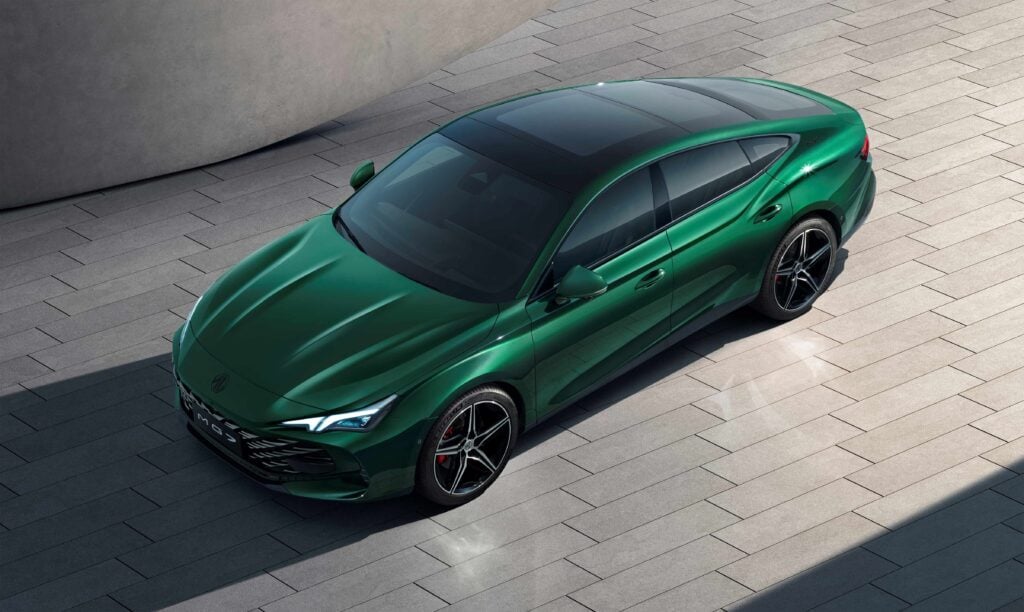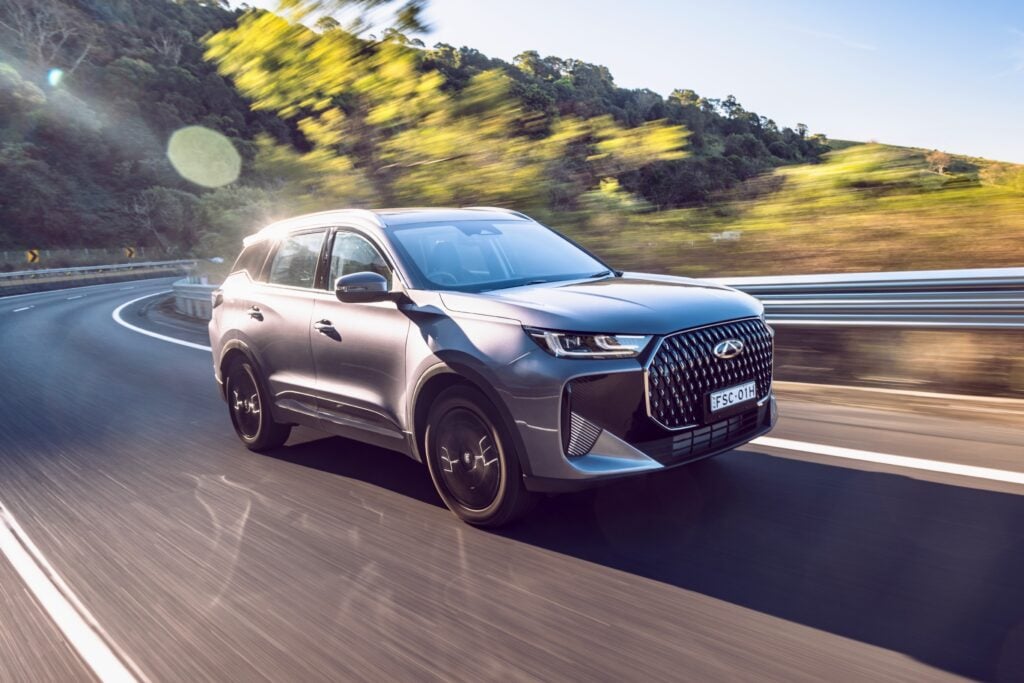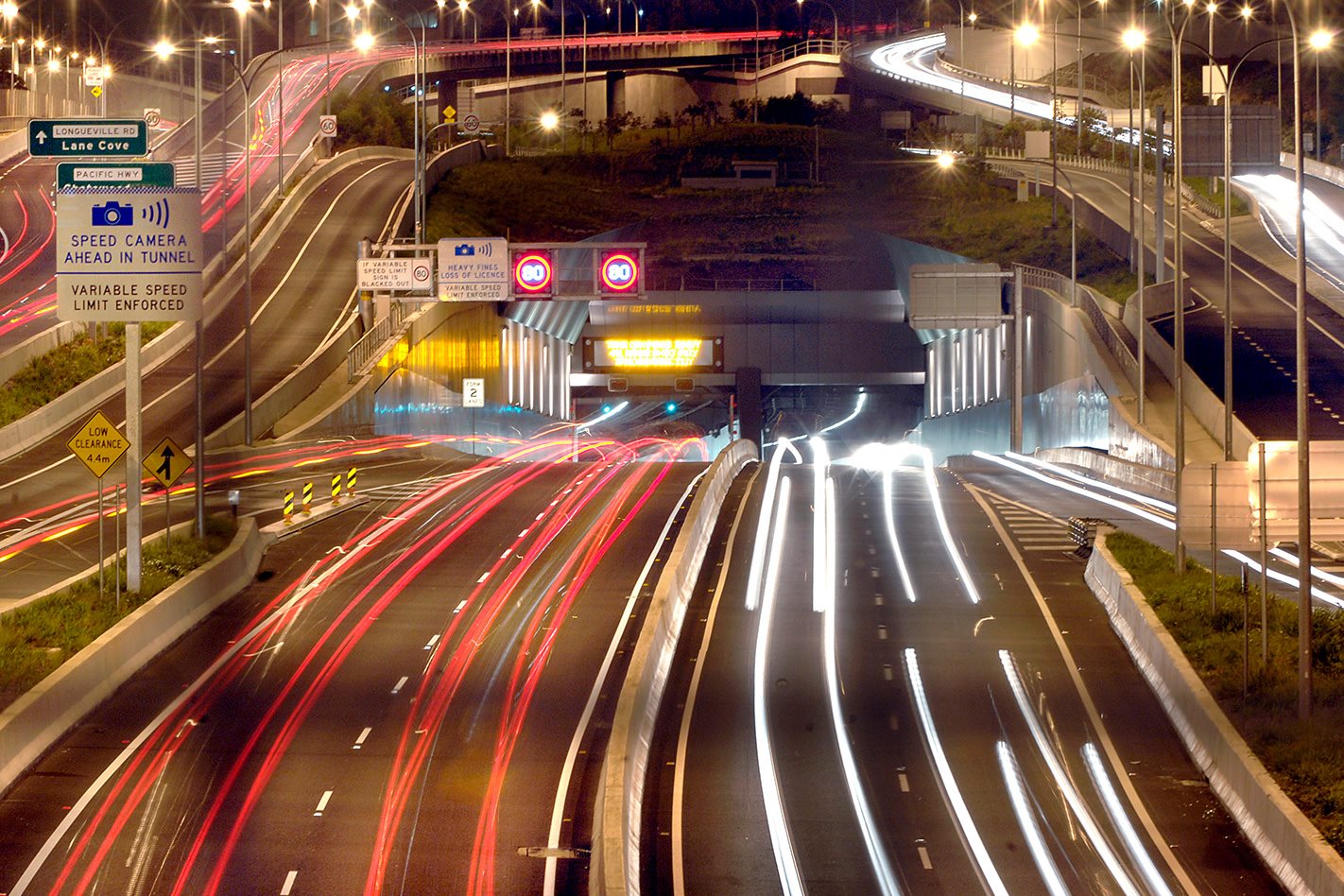
Snapshot
- Registration, sales tax, fuel excise, luxury taxes, licence fees would all be scrapped
- New tracking systems would charge road users based on travelling distance, time, and location
- Paper also recommends the federalisation of road use under one centralised umbrella
The Federal Chamber of Automotive Industries has unveiled a new Road User Charging (RUC) paper that, if adopted, promises to revolutionise the way Aussies pay to drive.
Under the proposal, vehicle registration, sales tax, fuel excise, luxury taxes and licence fees would all be scrapped – and in their place, a new set of road user charges would be applied for all vehicles.
Essentially, the increasing technological development of vehicle connectedness means that road users can be tracked and charged (using embedded or tethered vehicle connectivity) according to distance and time travelled.
A “location-based congestion charging” system for city centres, similar to the ones used in Singapore, London, Milan, Stockholm, and Norway, would also be employed.
The paper adds: “Connected vehicles provide a once in a generation opportunity to utilise these systems to support Road User Charging to become a practical reality.”
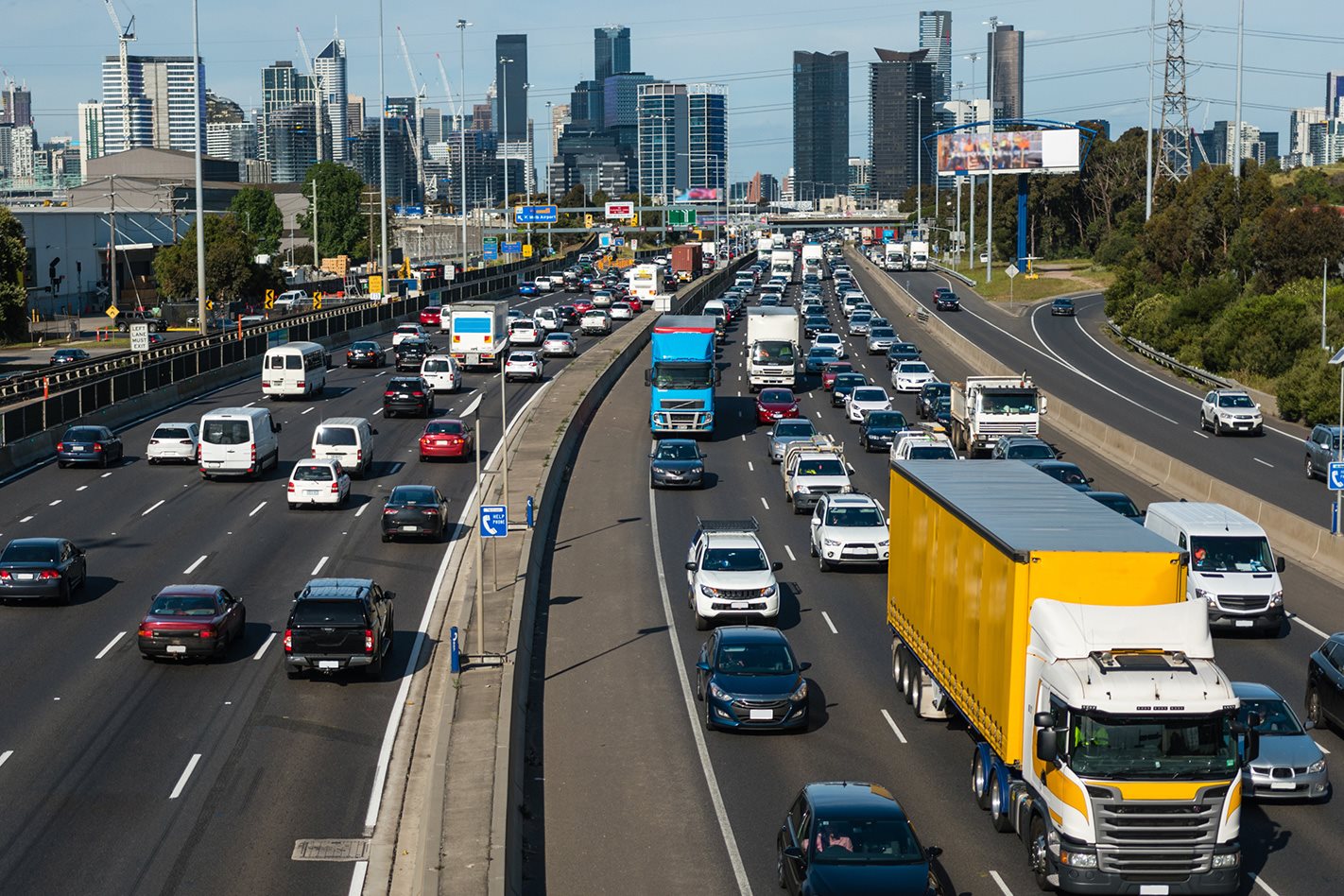
The FCAI says the rapid development of more fuel-efficient and electric vehicles has been the catalyst for the tariff rethink.
“Our powered mobility options have been bound to the internal combustion engine for more than 100 years yet today we are witnessing technological advances such as electric and fuel cell technology that will set up society for the next hundred years,” Tony Weber, FCAI CEO, said.
“The future of mobility is transforming rapidly. Against this revolution, now is the time to look ahead in the areas of regulation and funding and for governments to have the courage to overhaul outdated practices.
“An efficient road user charging scheme can address all vehicle users regardless of the type of vehicle they drive, how often it is driven and the purpose of the travel. For example, it could be based on vehicle mass, distance travelled, time of travel or a combination of factors.”

According to the paper, the new RUC rules would also seek to federalise road use under one centralised umbrella and enable the government to phase out aforementioned antiquated tariffs like fuel excise, while also trimming the fat surrounding admin costs.
“A nationally consistent scheme would provide consumer confidence and administration simplicity leading to acceptance if applied appropriately and equitably,” the paper states.
“From a Government perspective there is significant opportunity to reduce a range of inefficient Federal and State taxes and charges along with the administration reduction and associated cost savings that will result – this could provide the win-win solution.”

This isn’t the first time a new tax of this nature has been proposed – back in 2019, the Australian Automotive Association posited that the federal government’s fuel excise tax should be abolished and that a distance-based charge on motorists should be implemented.
We have requested comment from the Department of Infrastructure and Transport, along with state transport departments, and we will update this story as more details come in.
Let us know what you think of distance, time and location-based road use charges in the comments below.
We recommend
-
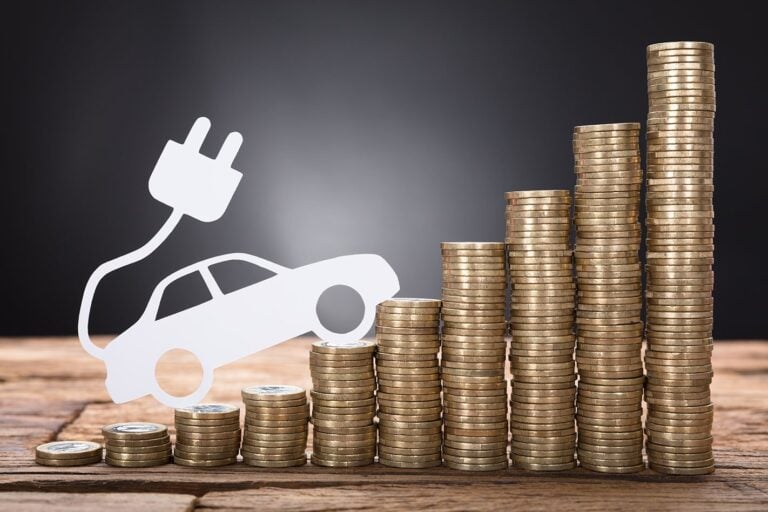 News
NewsVictoria goes ahead with contentious EV tax
Victoria has followed South Australia down the path of electric vehicle taxation with NSW likely to follow
-
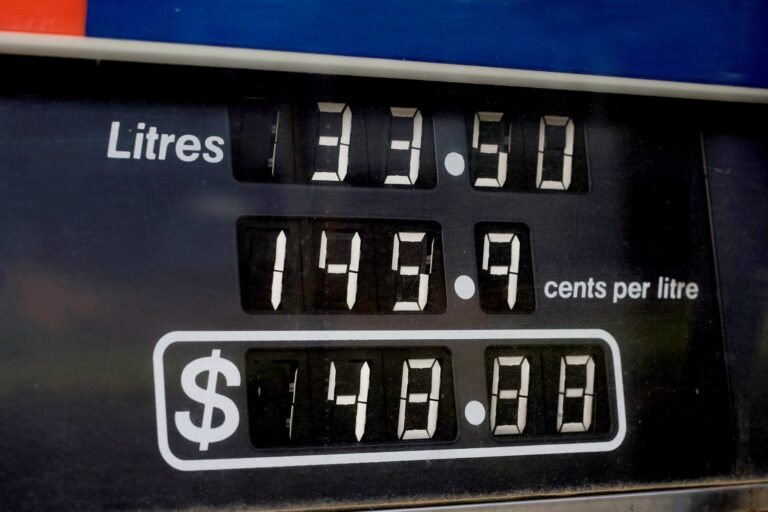 News
NewsFuel tax or road use tax – which would you prefer?
New proposal from automotive body proposes the abolition of fuel excise tax in exchange for a user-pays system

